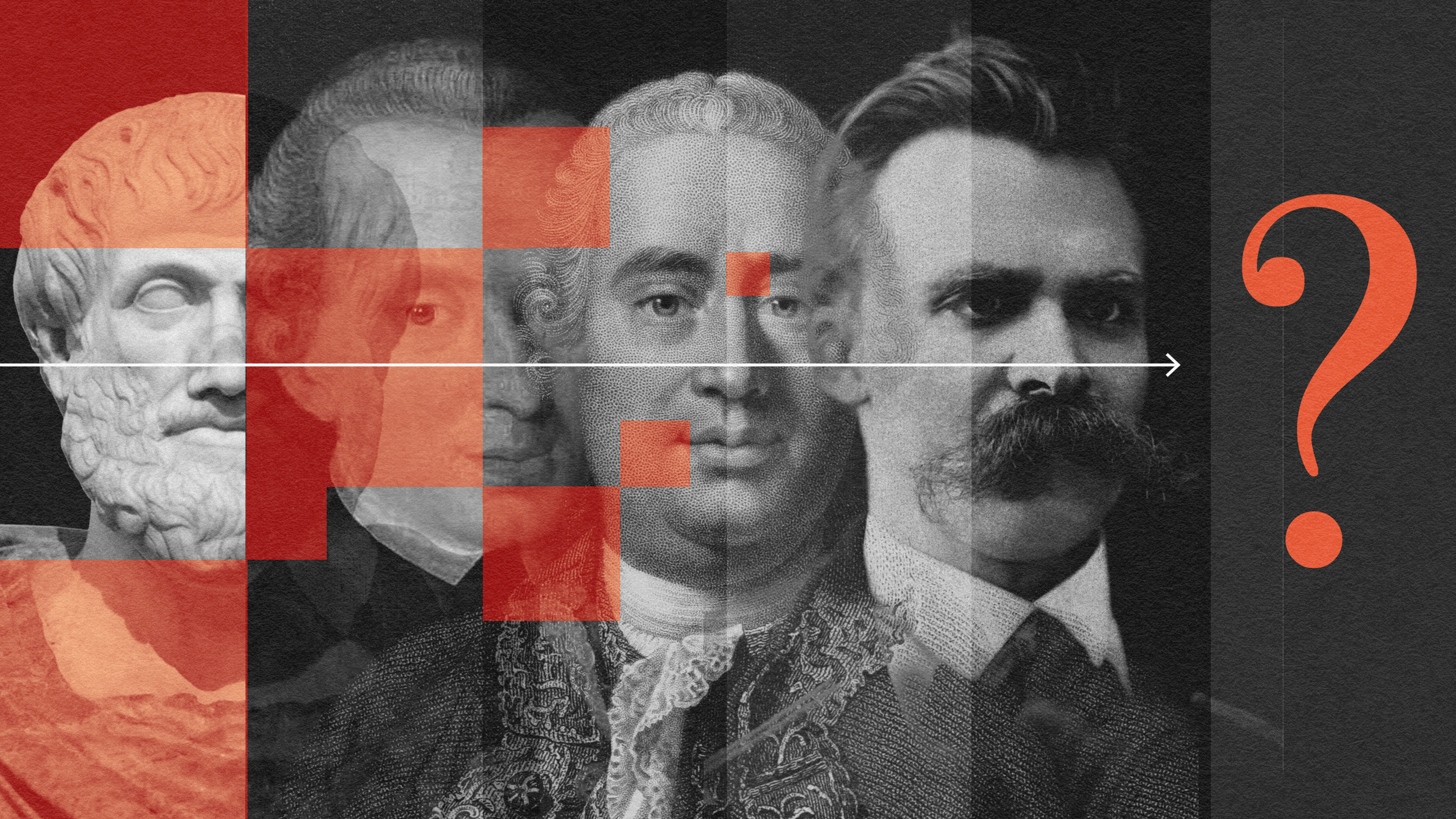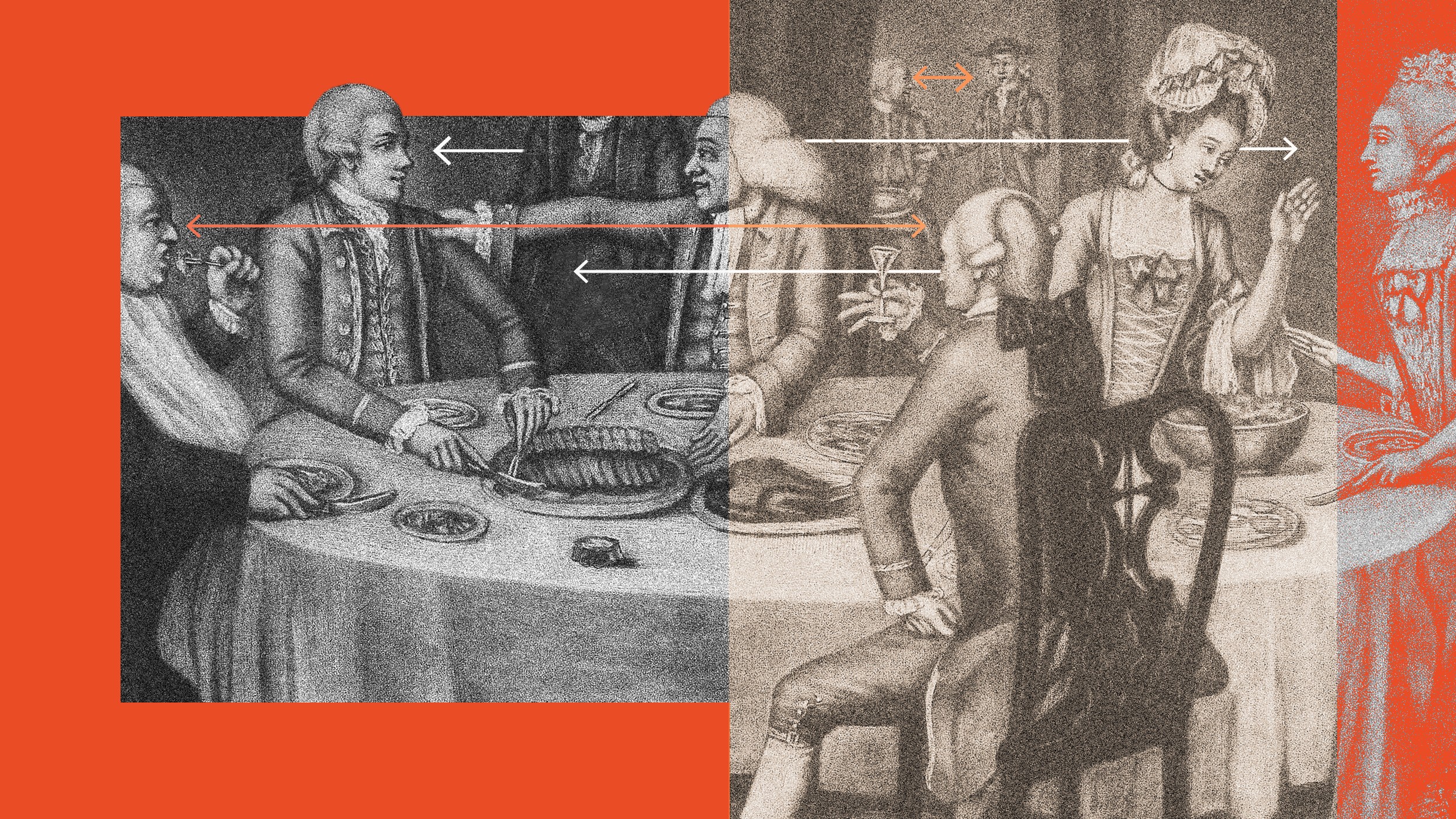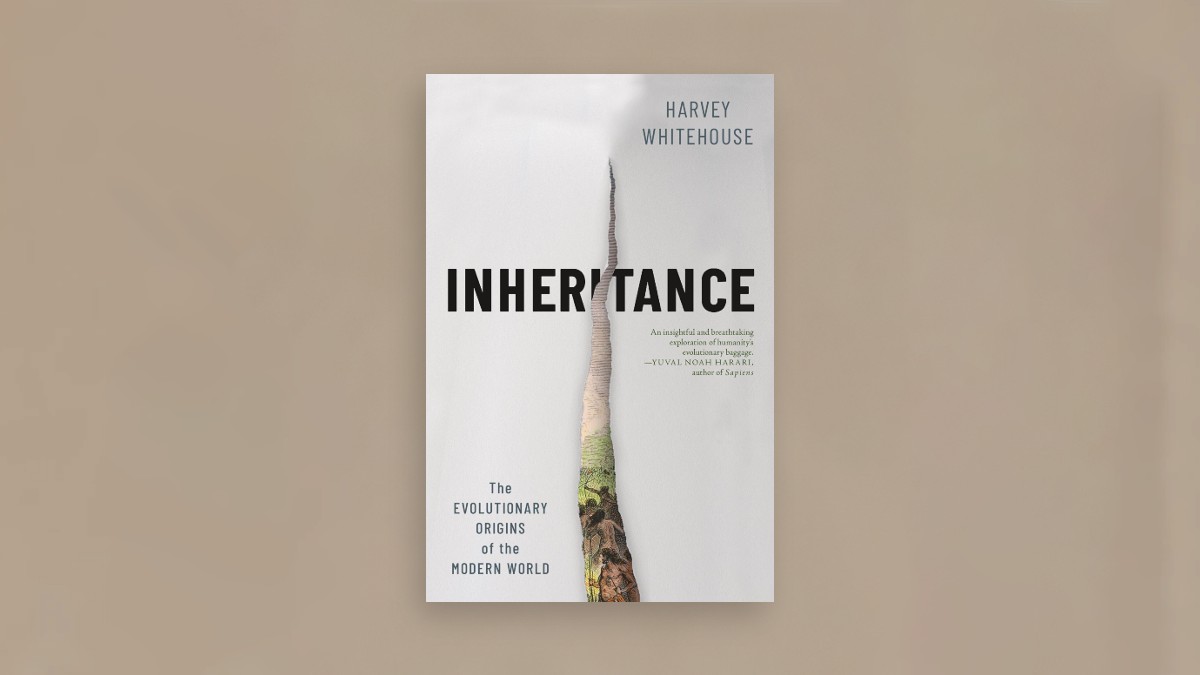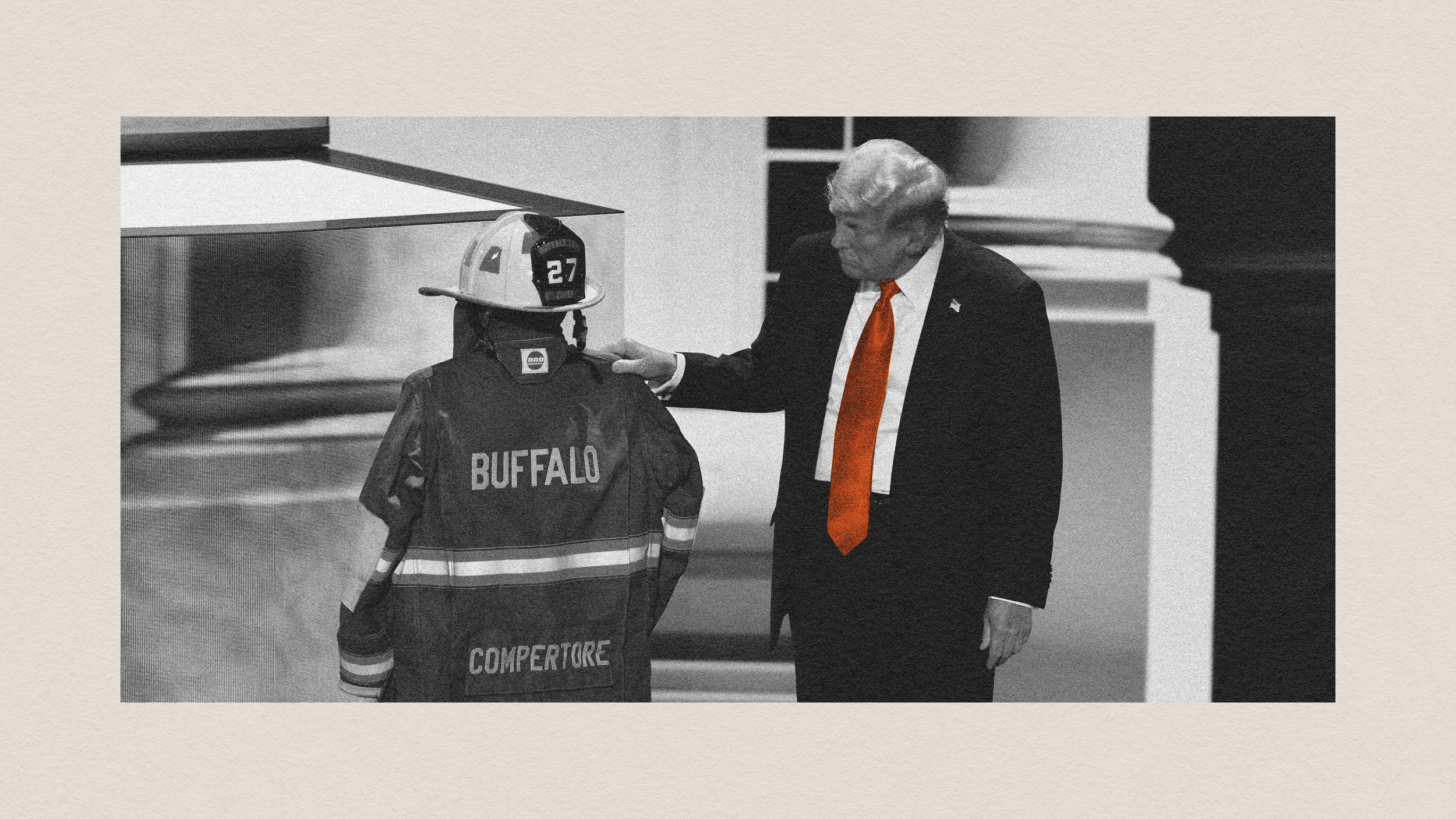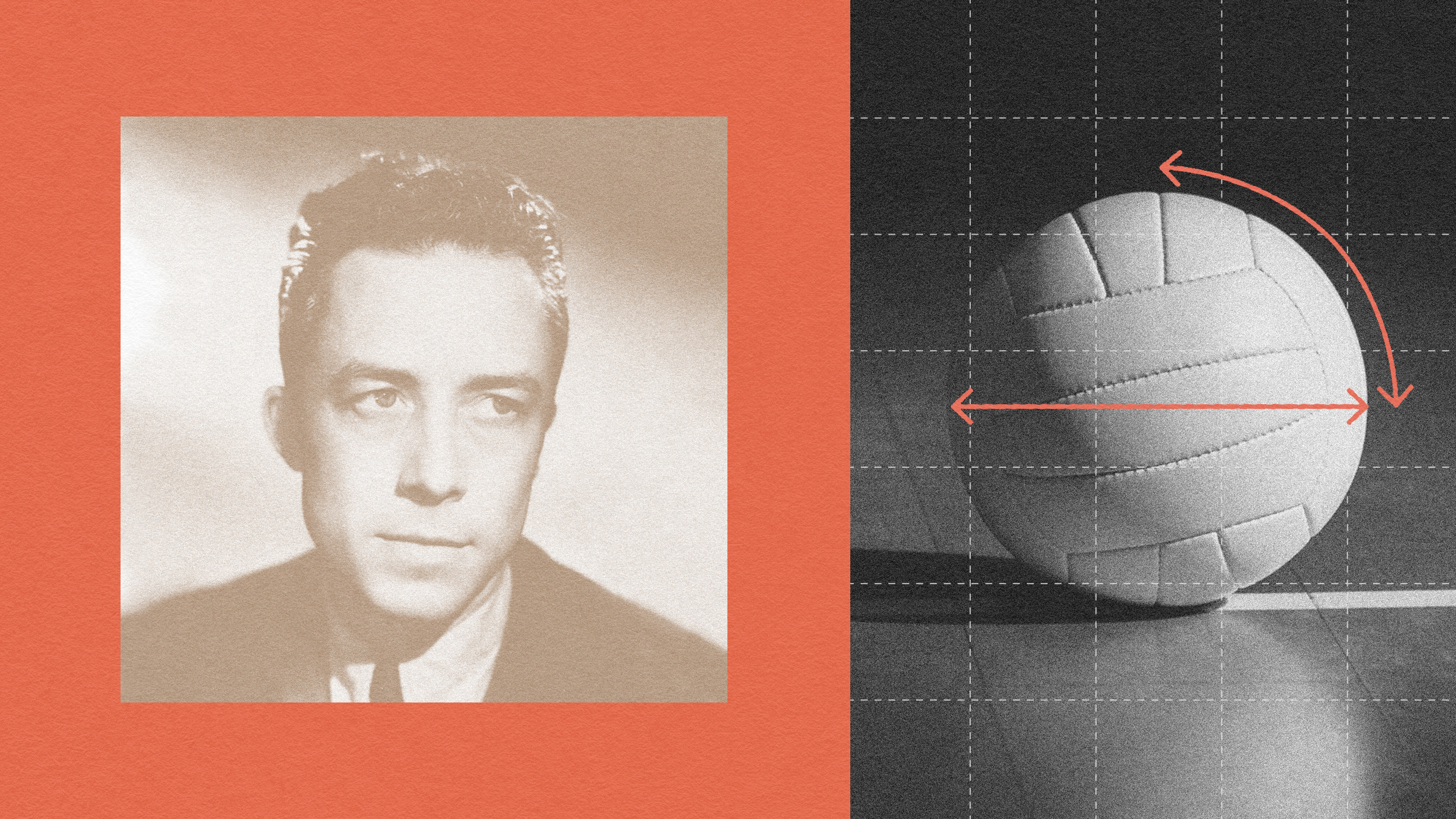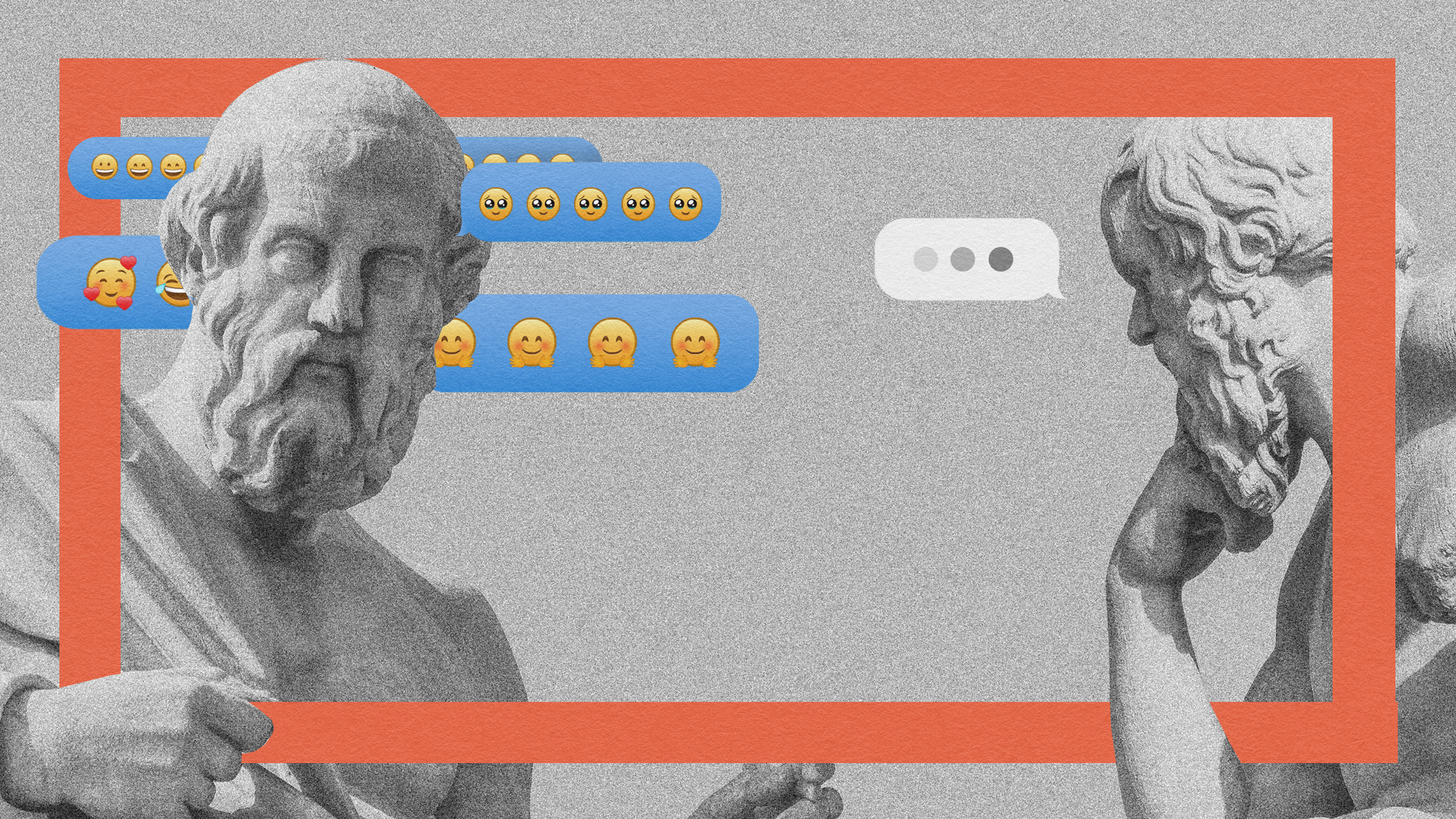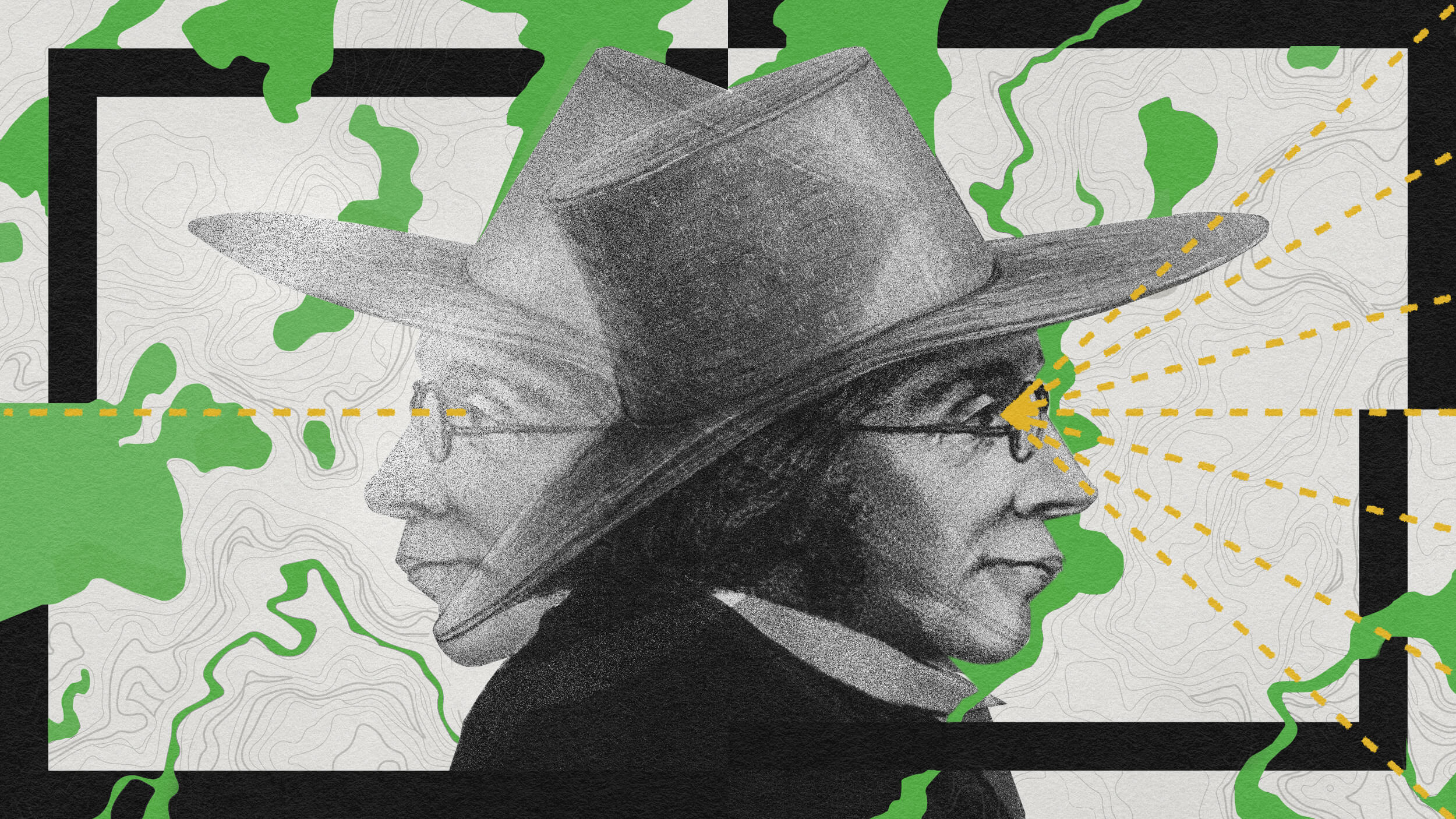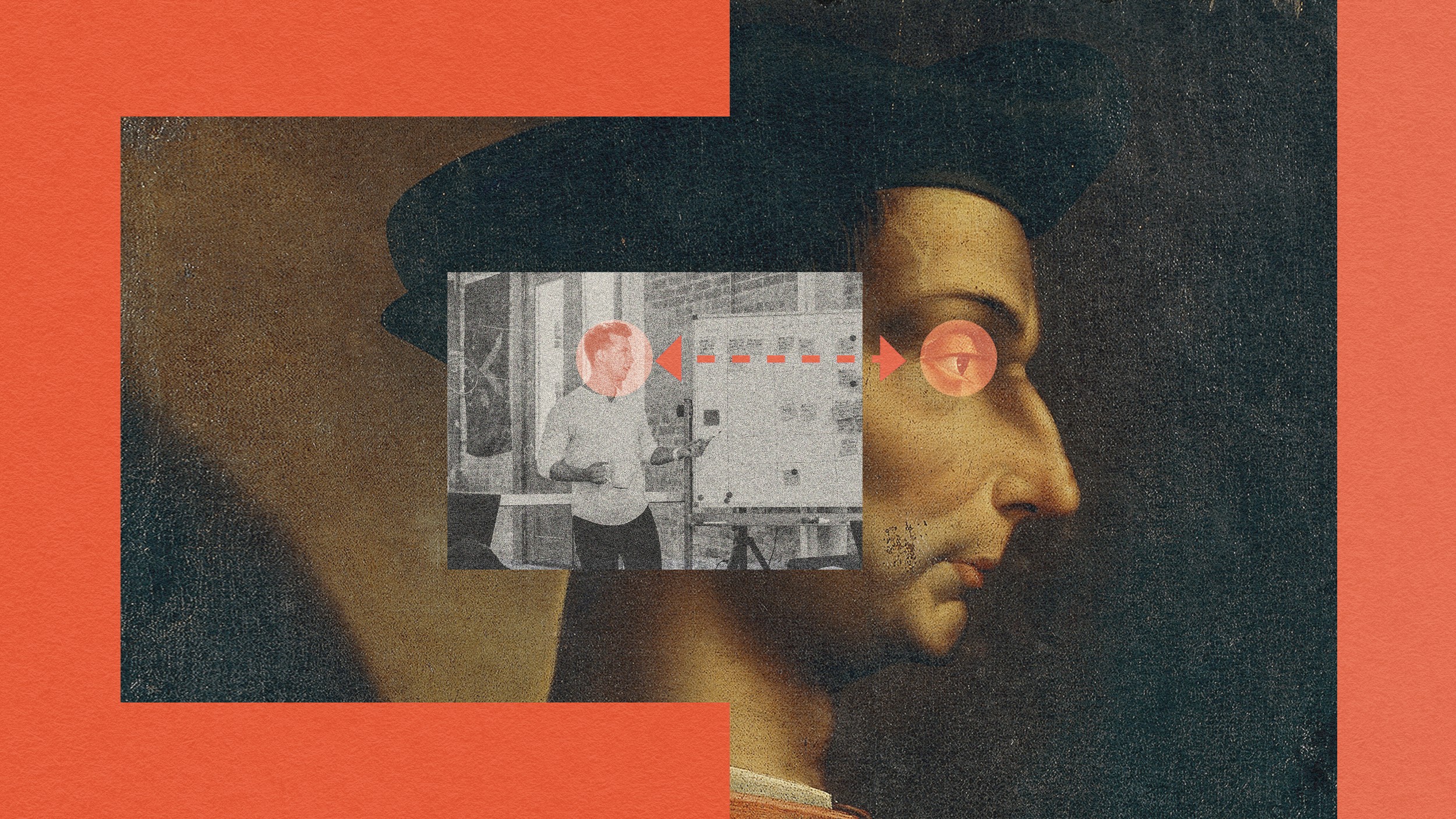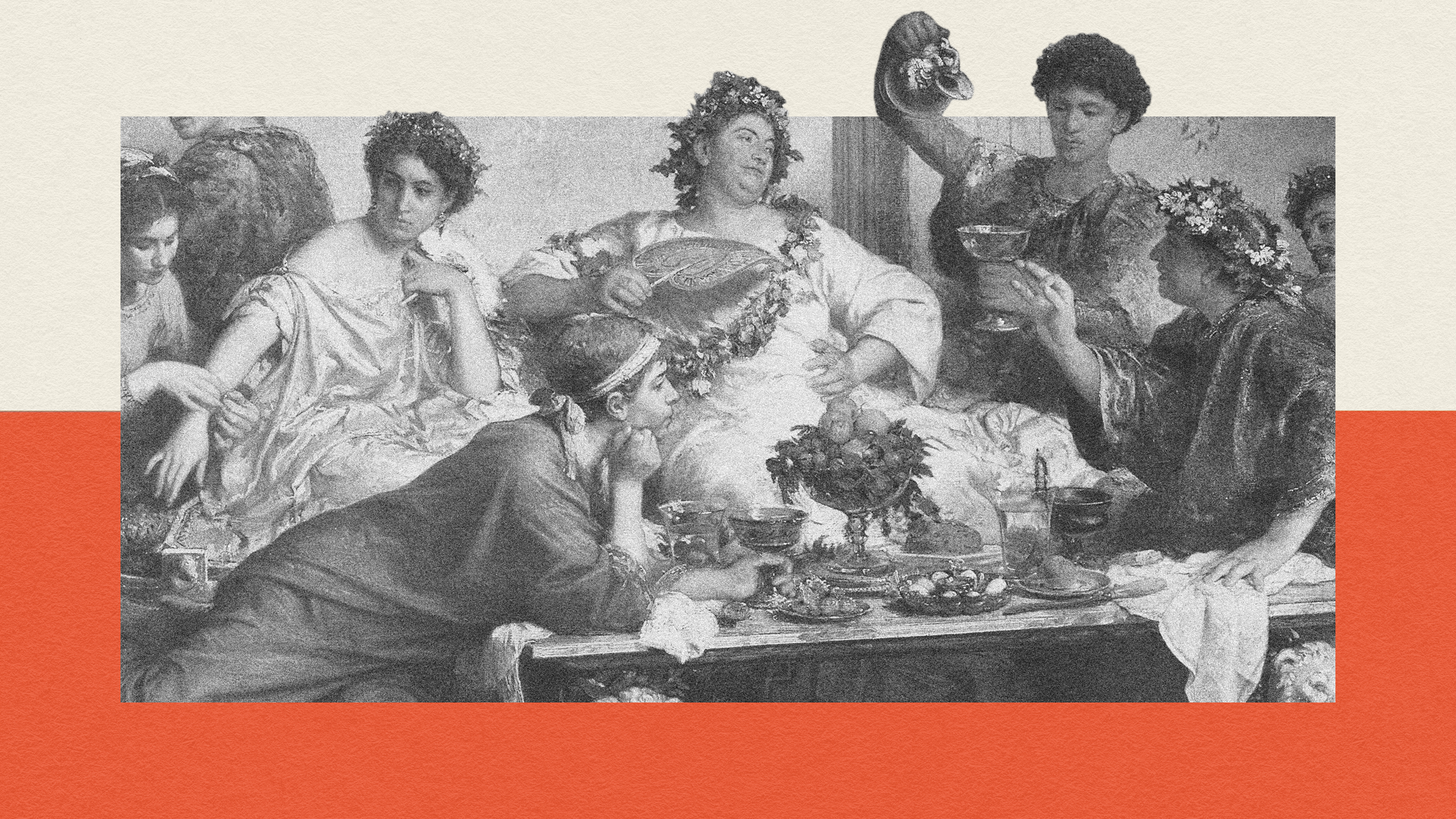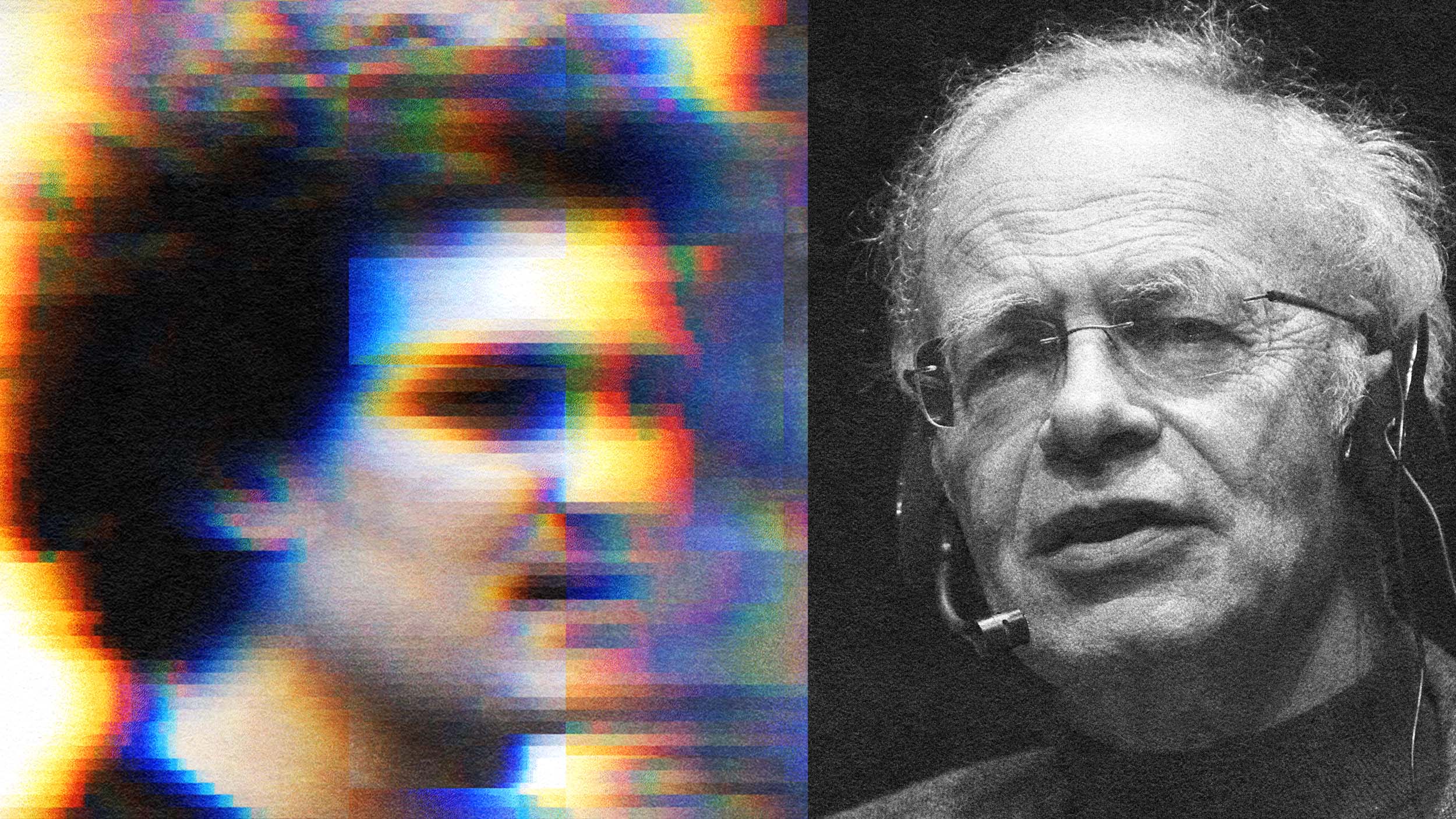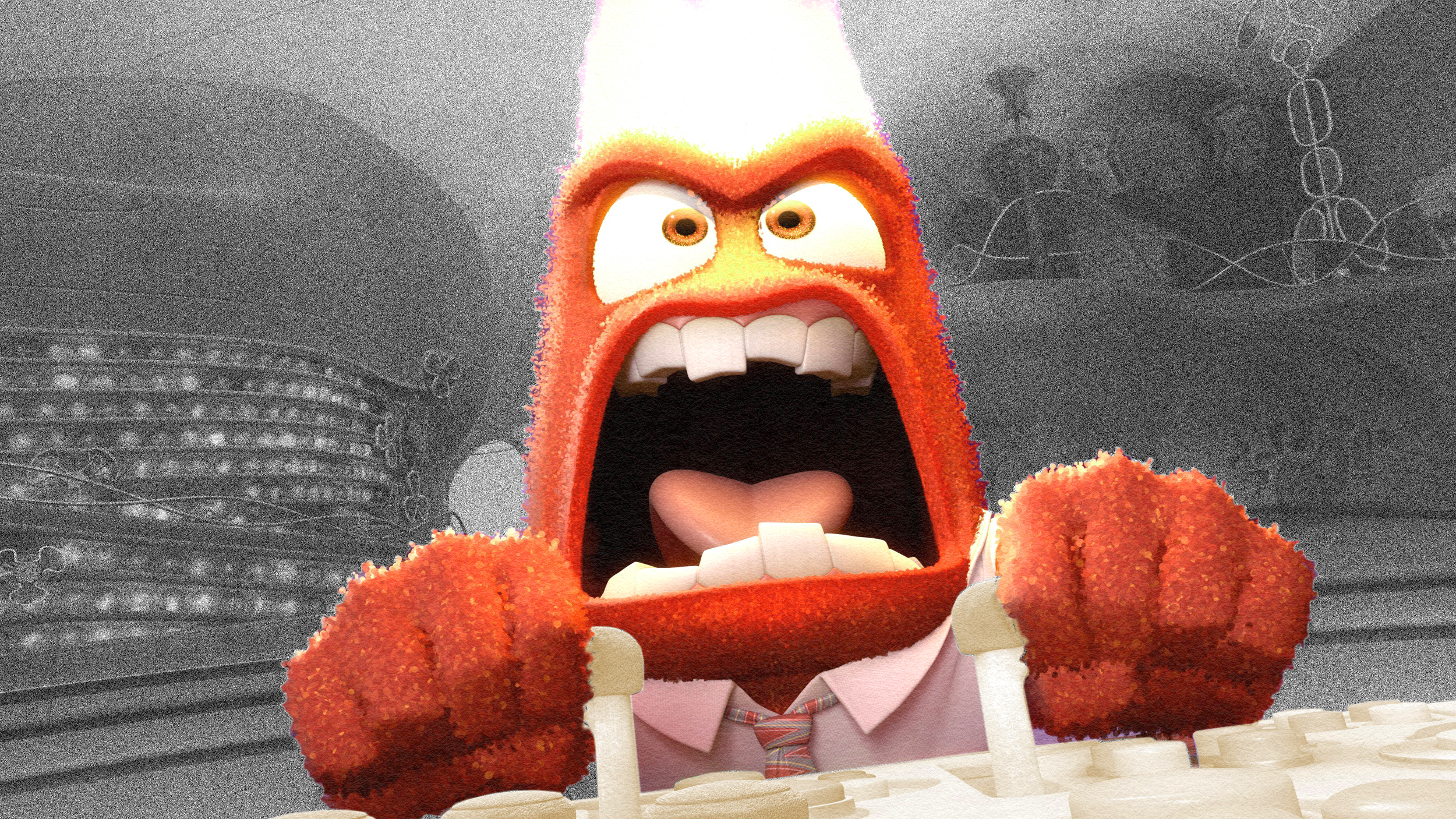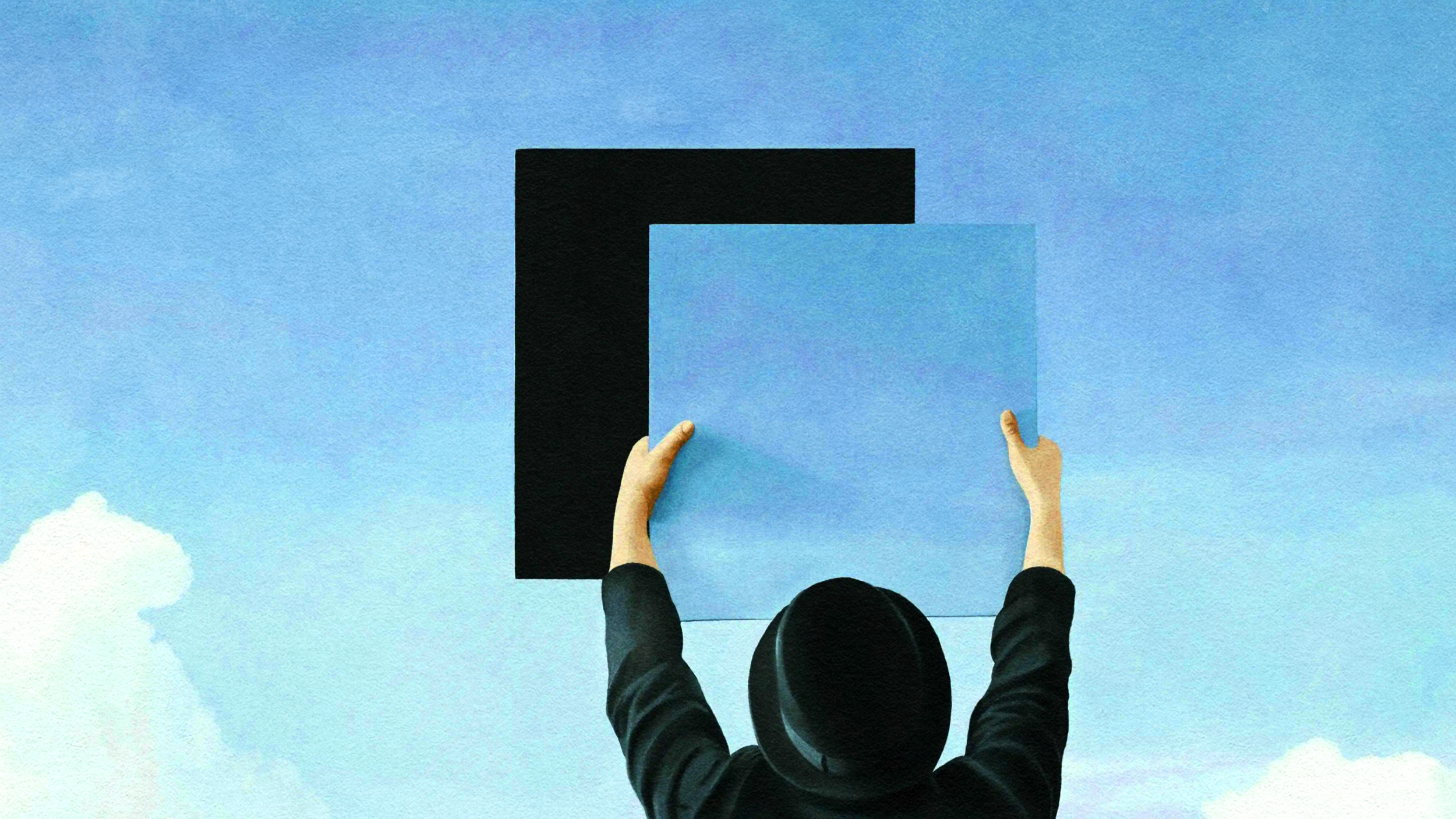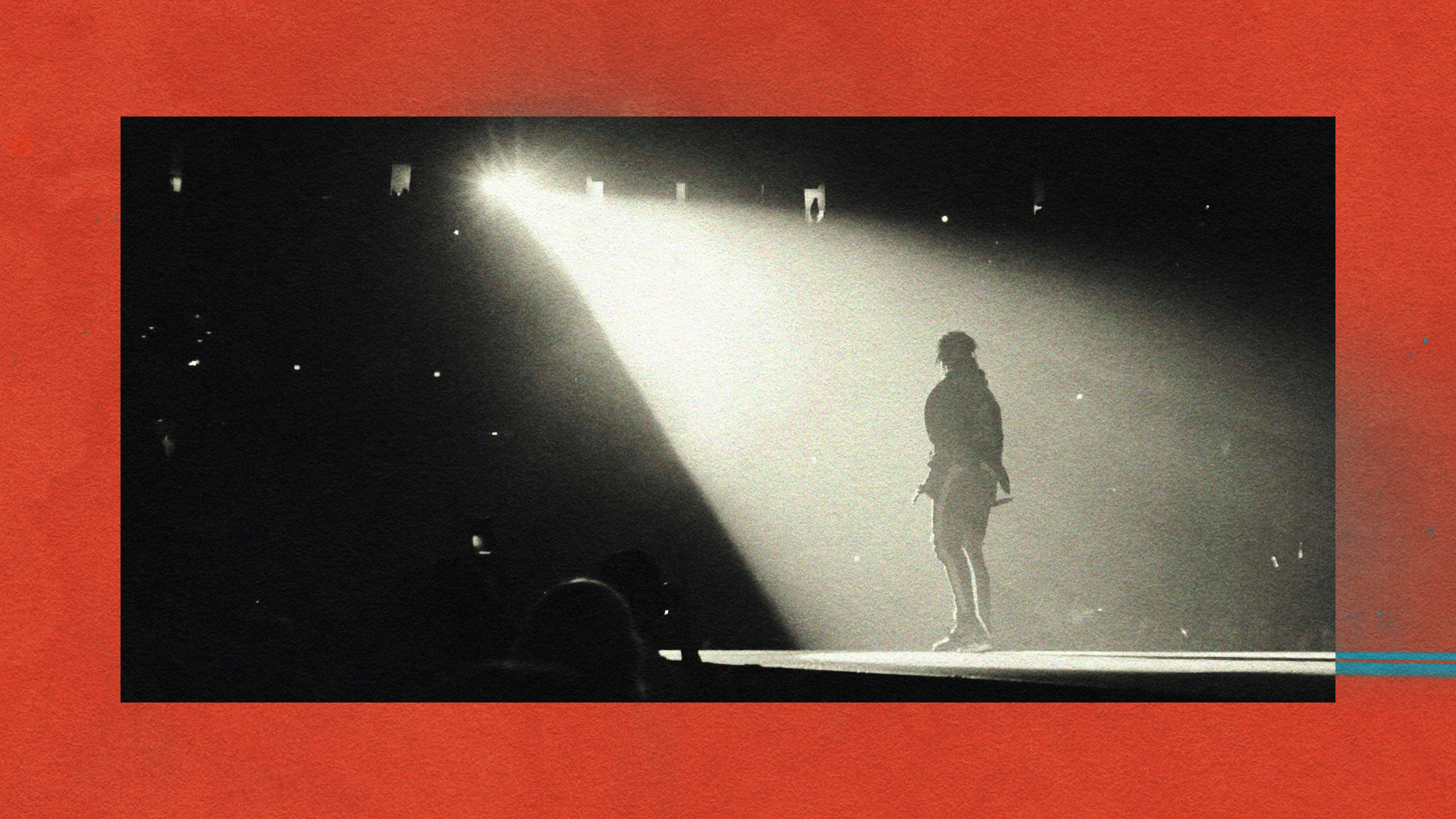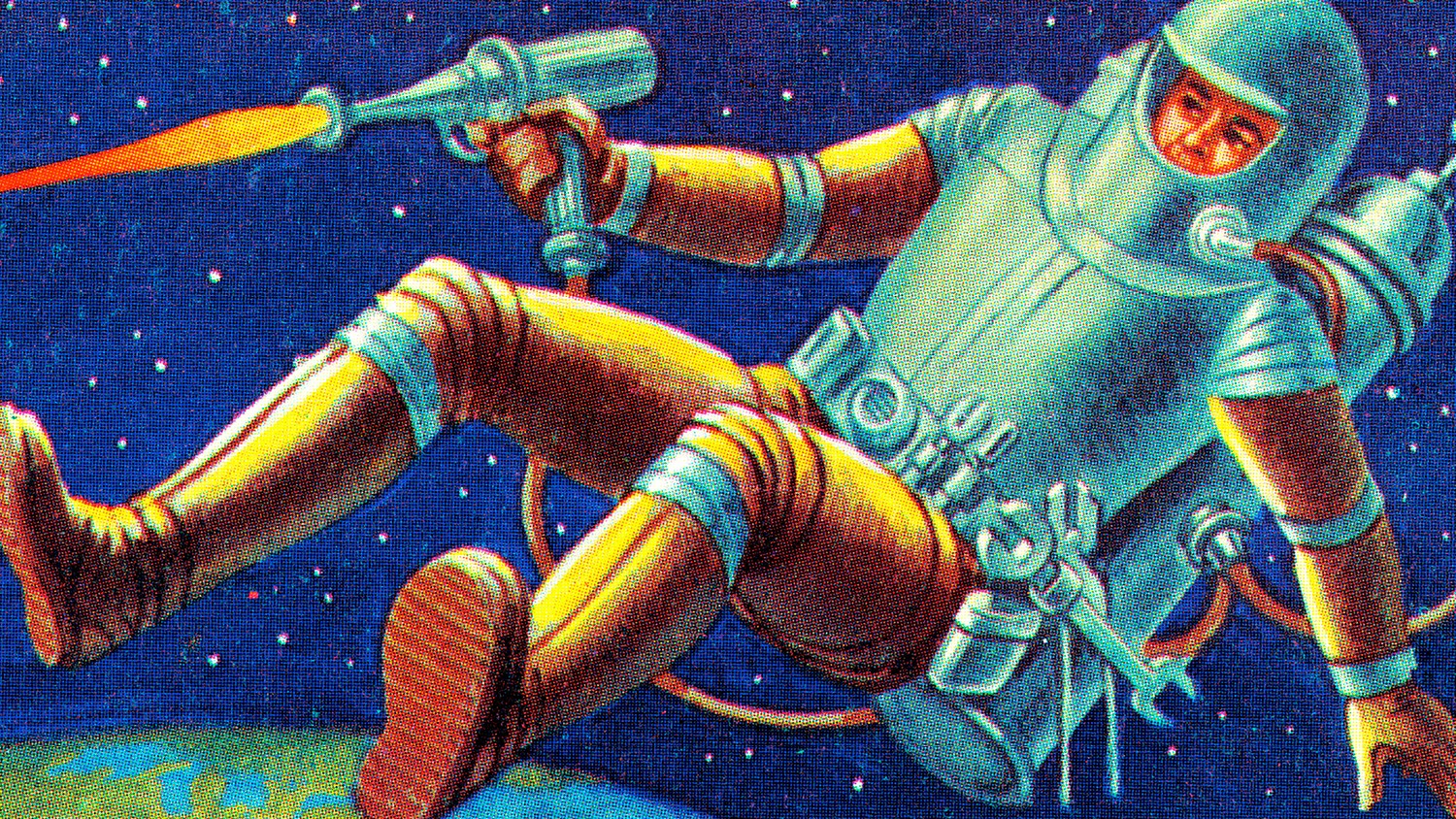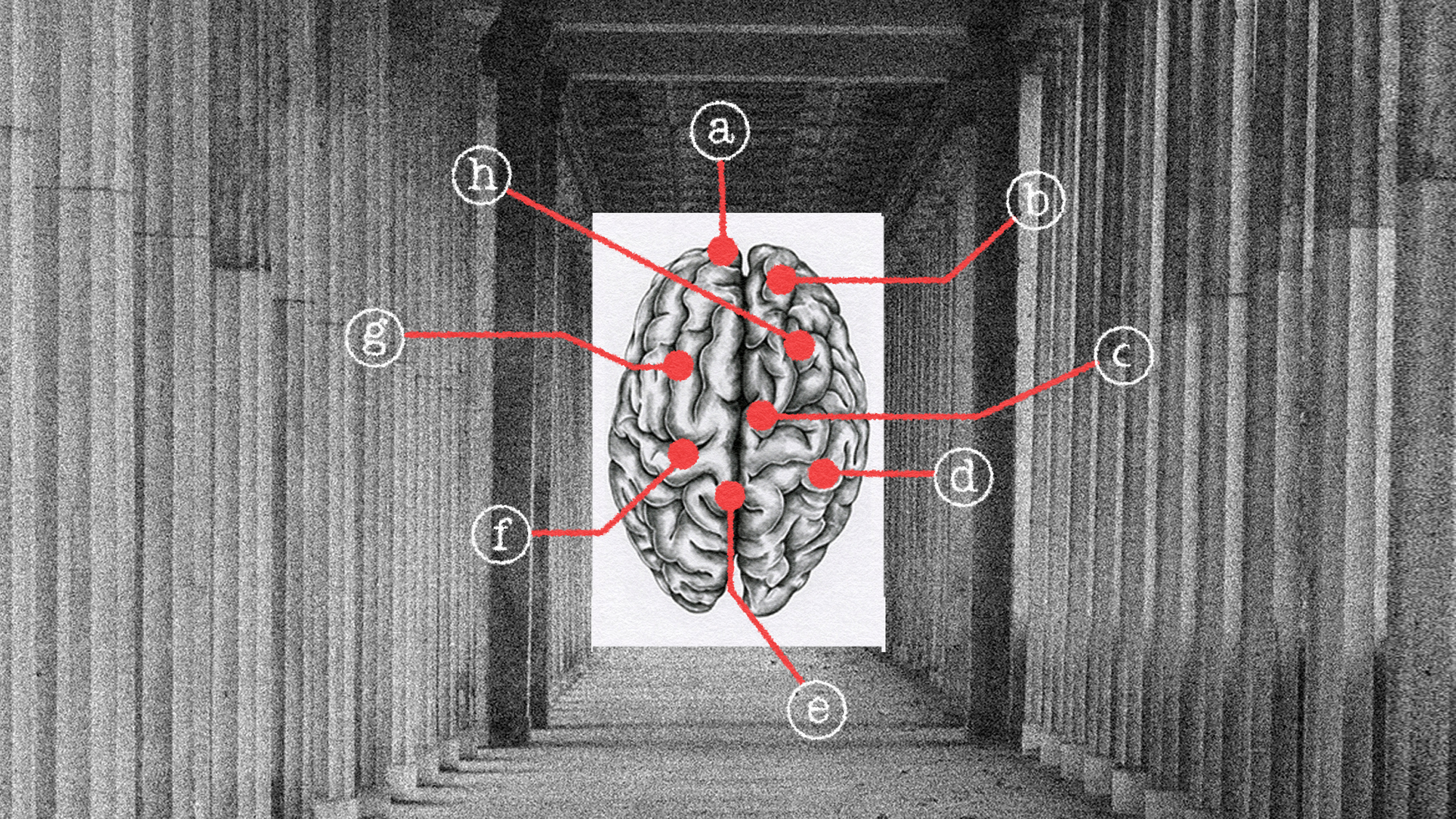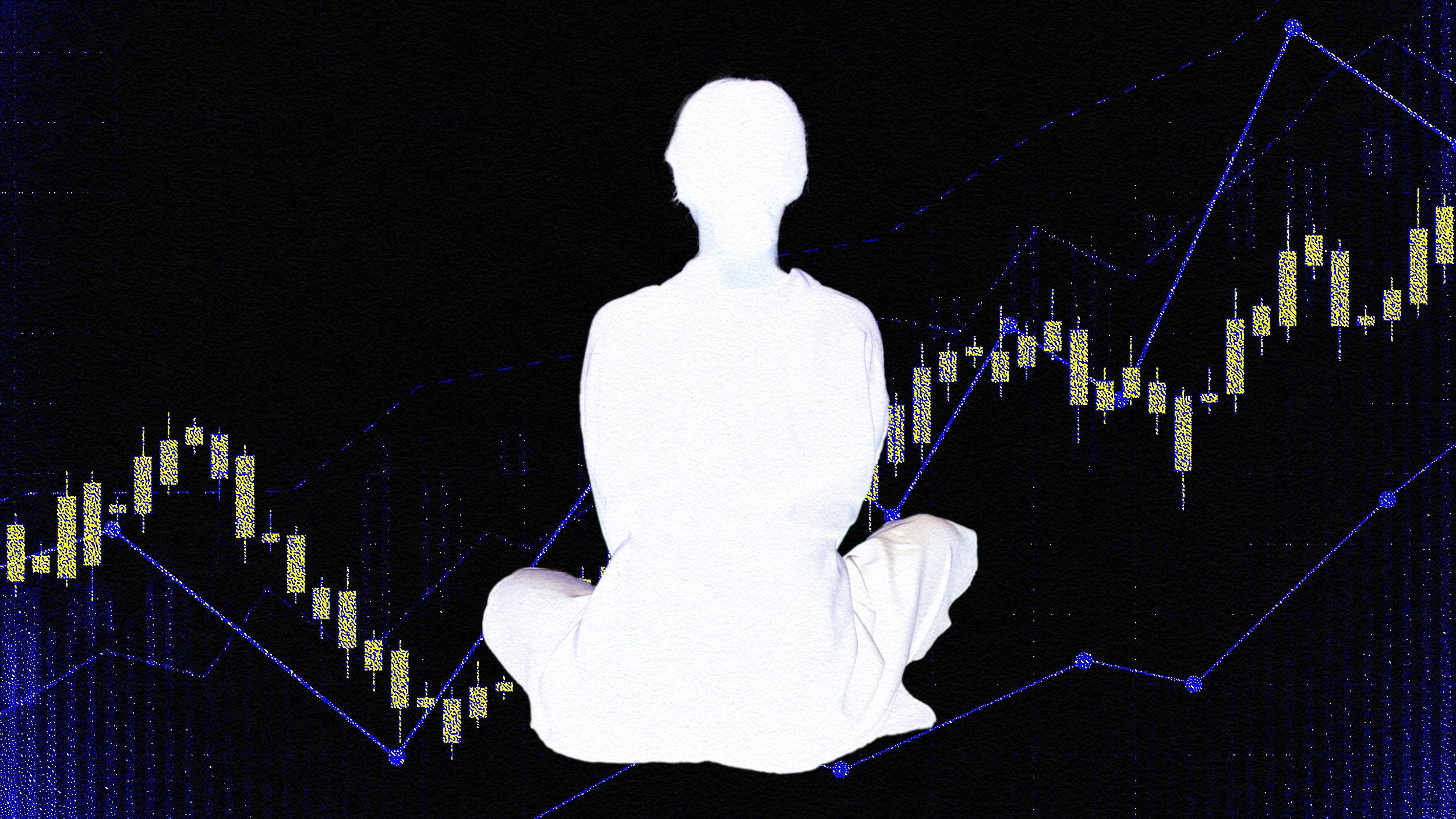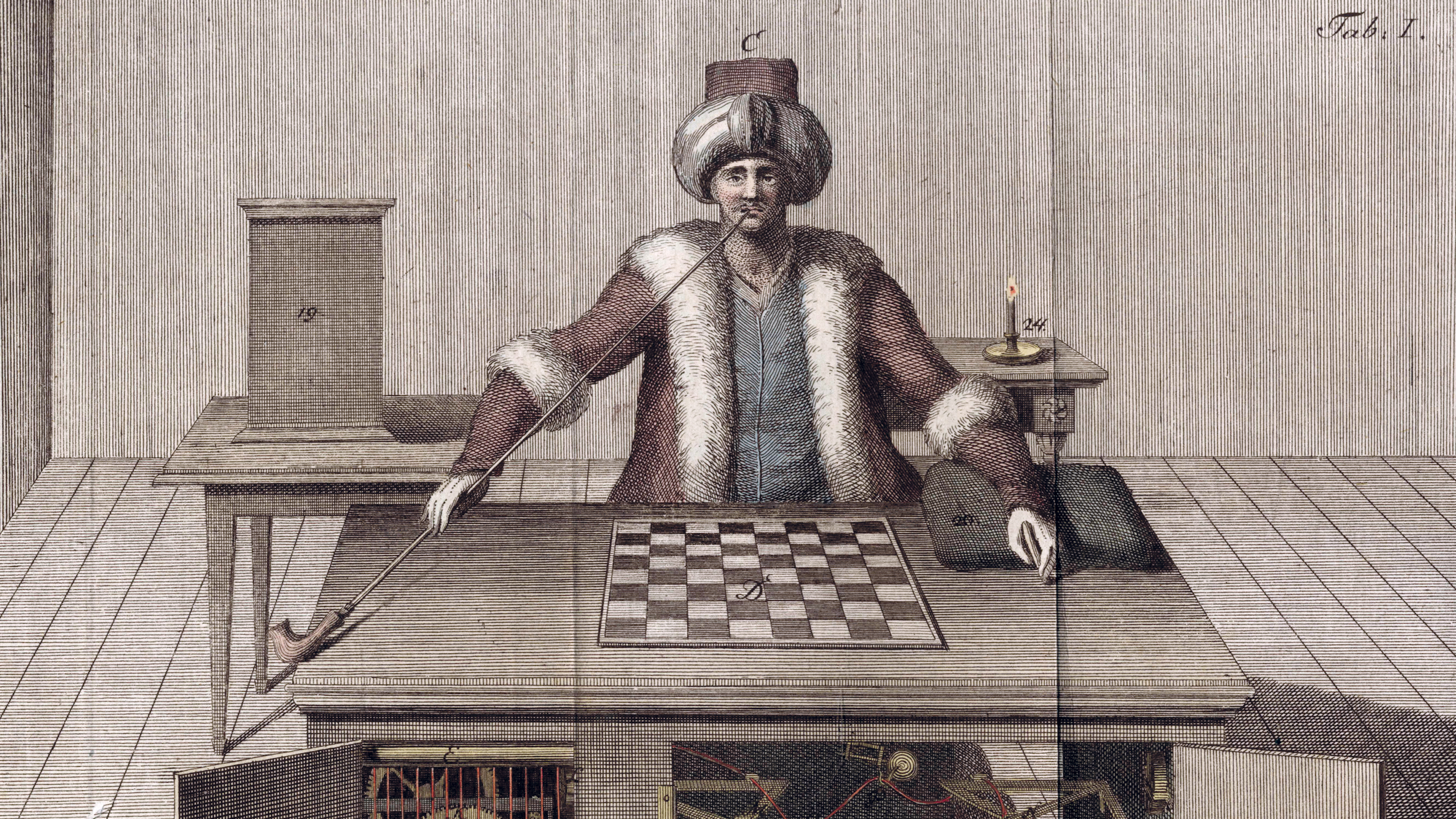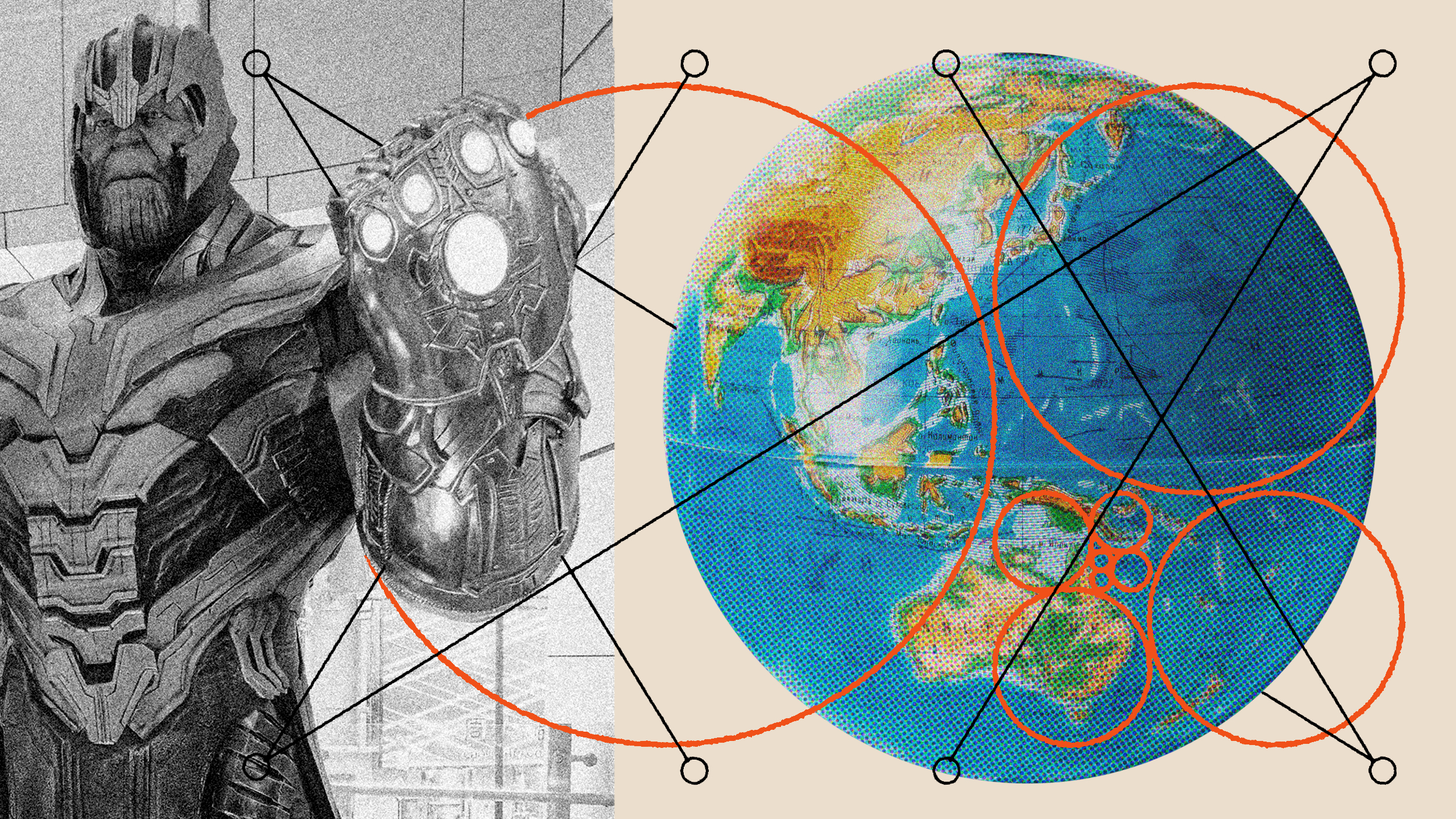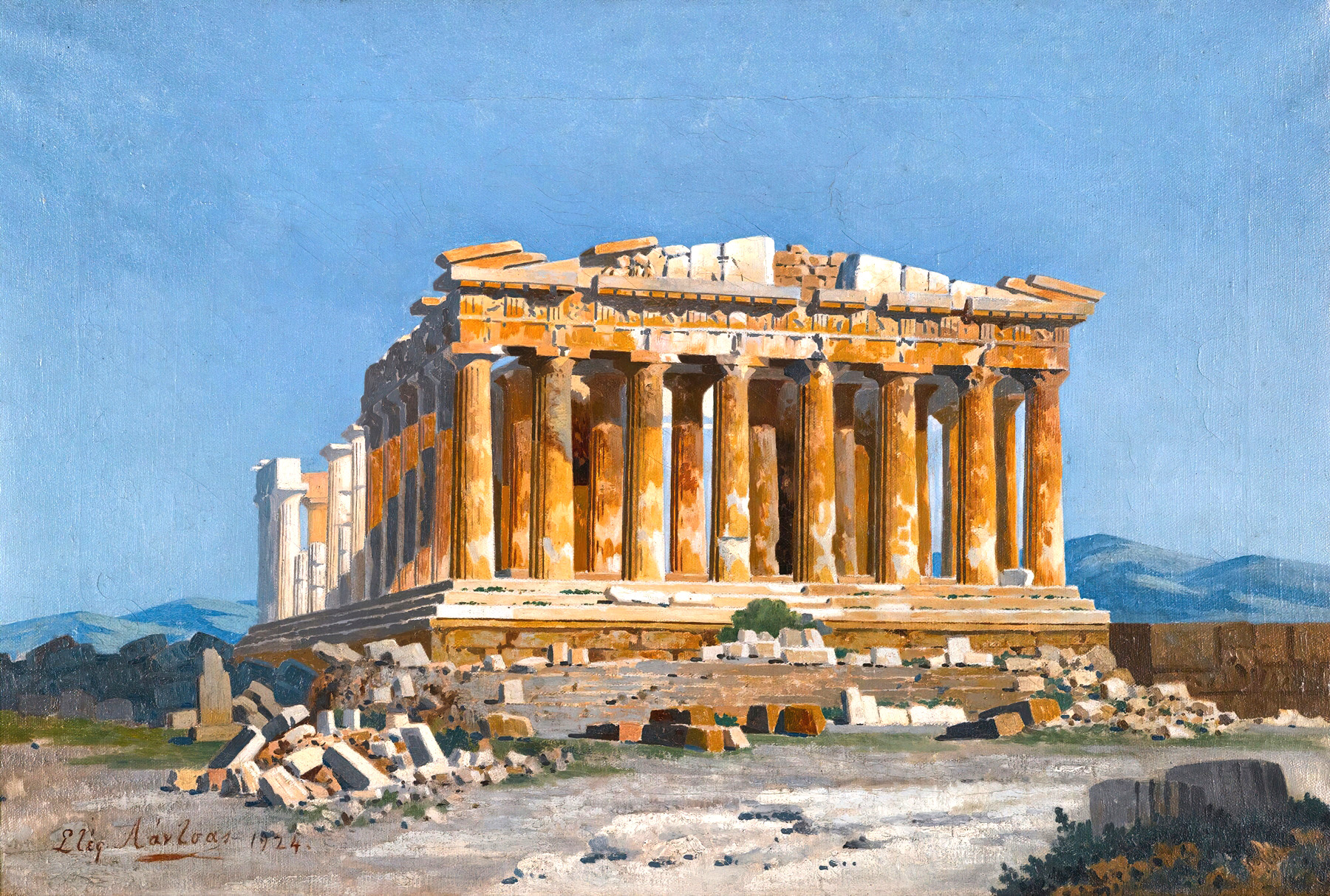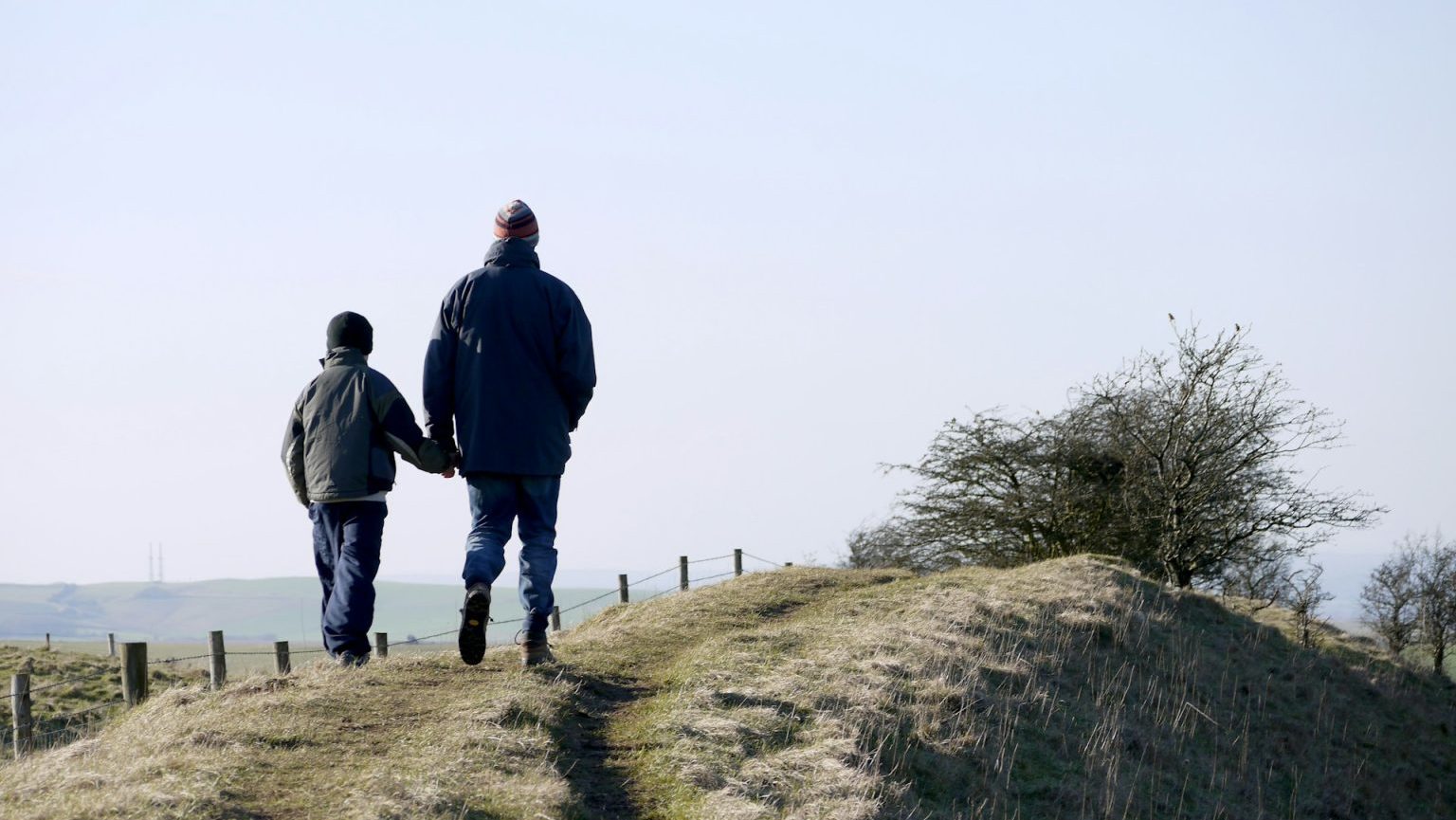philosophy
Why human attempts to mechanize logic keep breaking down.
Philosophy cures no disease and invents nothing new. What’s even the point?
If philosophers really enjoy one thing, it’s a good debate — but not an argument.
Religion is a product of, and not a source of, our evolutionary moral dispositions.
“What modern science has taught us is that life is not a property of matter.”
Is it ever possible for God to violate the laws of nature?
How do you cope when joining a team shatters your confidence? Albert Camus and Harry Stack Sullivan can help.
Slowing growth and limiting development isn’t living in harmony with nature—it is surrendering in a battle.
“I know what you’re thinking” can sound kind or creepy — depending on who’s saying it.
The idea of awarding legal personhood to nature has received renewed attention in the contemporary environmental justice movement, but much contention remains.
The Danish philosopher’s simple paradox — living forwards while looking backwards — can be translated into golden business insights.
Whenever something goes wrong — in business as in life — we tend to get cause and effect totally muddled up.
Everyone has to learn about sex somehow. Today, billions of people are learning about it from porn.
There’s a fine line between ambition and ruthlessness.
You will need determination, humility, and courage if you are to master anything.
From surviving on wild plants and game to controlling our world with technology, humanity’s journey of progress is a story of expanding human agency.
A perfect map is as useless as it is impossible to create.
When stuffed and staring down the last bite, you might hear your mother’s voice in your mind.
“The movement is much bigger than Sam Bankman-Fried, or any one person, no matter how wealthy,” philosopher Peter Singer told Big Think.
In the fight between head and heart, psychologists will win.
The world needs a moral defense of progress based in humanism and agency.
In “Moral Ambition,” Dutch historian Rutger Bregman argues that all would benefit from a collective redefinition of success.
It’s good to be a wallflower. But sometimes, you need to show yourself off a bit.
“Isn’t it enough to see that a garden is beautiful without having to believe that there are fairies at the bottom of it too?”
Is a repressed memory always so bad?
Take a seat. Take a breath. Take a break.
Our “embodied minds” suggest an eventual escape from mortality via computer is unlikely.
Is there a force keeping humanity in check?
Rhetorical mastery is within everyone’s reach — equipped with some basic techniques you can rock it like Aristotle.
A researcher weighs in on who’s accountable, when and why, in the eyes of the law — and whether the measures work as intended.

